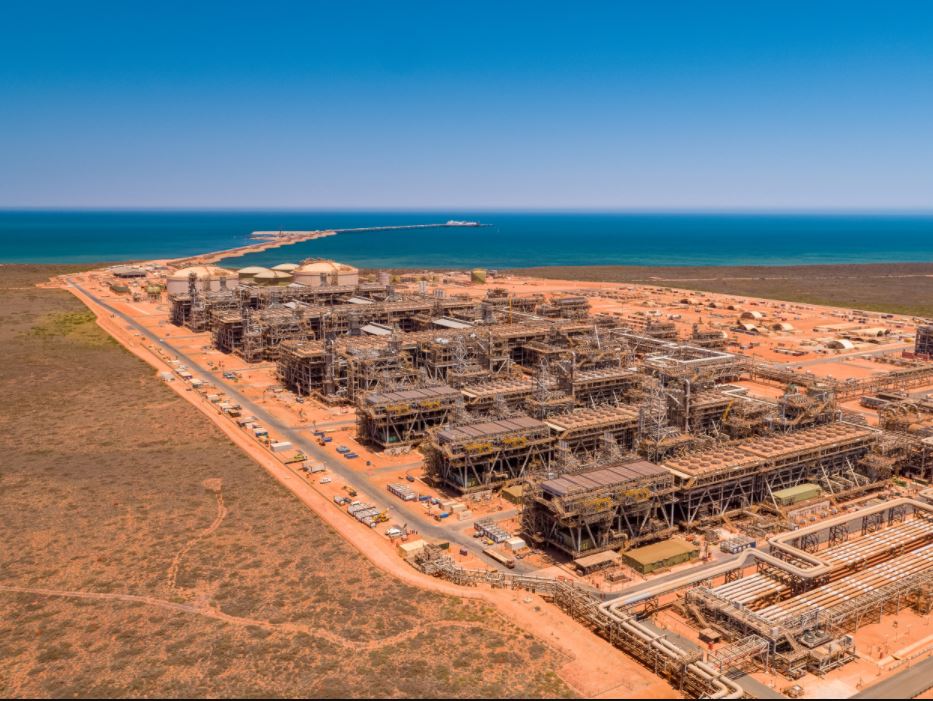US-based energy investor EIG said that its LNG unit MidOcean Energy had entered into a definitive agreement with Japan’s Tokyo Gas to buy the latter’s interests in a portfolio of four Australian integrated LNG projects.
Under the terms of the agreement, MidOcean would acquire Tokyo Gas’ interests in Chevron’s Gorgon LNG, the Inpex-led Ichthys LNG, Woodside’s Pluto LNG, and Shell’s Queensland Curtis LNG project for total cash consideration of $2.15 billion, according to a statement by EIG.
These integrated projects span Australia’s western and eastern seaboard and are major suppliers of LNG to Asia, with a diverse set of long-dated take or pay contracts with investment grade counterparties, and to Australia’s domestic gas markets, EIG said.
One million tonnes per year of LNG
The portfolio is expected to generate about one million tonnes per annum of LNG net to MidOcean, production that is underpinned by long-life reserves and a globally competitive cost structure, according to EIG.
Also, the portfolio benefits from experienced operators, including Chevron, Inpex, Woodside, and Shell, and spans the LNG value chain from upstream operations to midstream, liquefaction, and sales, it said.
The acquisition marks the launch of MidOcean’s strategy to build a high-quality, diversified, global ‘pure play’ integrated LNG company, EIG said.
Earlier this year, EIG named Shell’s De la Rey Venter as chief executive officer of its LNG unit MidOcean.
The new transaction also leverages EIG’s extensive investing experience in the global LNG sector, underpinned by several billion dollars of commitments to multiple LNG projects over the past 20 years, most recently including the acquisition of a controlling interest in GNL Quintero, it said.
Also, the transaction is in-line with the Tokyo Gas Group’s management vision “Compass 2030”.
Tokyo Gas said in a separate statement that the transaction, which excludes Darwin LNG, has no impact on LNG procurement.
EIG expects the transaction to close in first half of 2023, subject to customary closing conditions, including Australian regulatory approvals.

